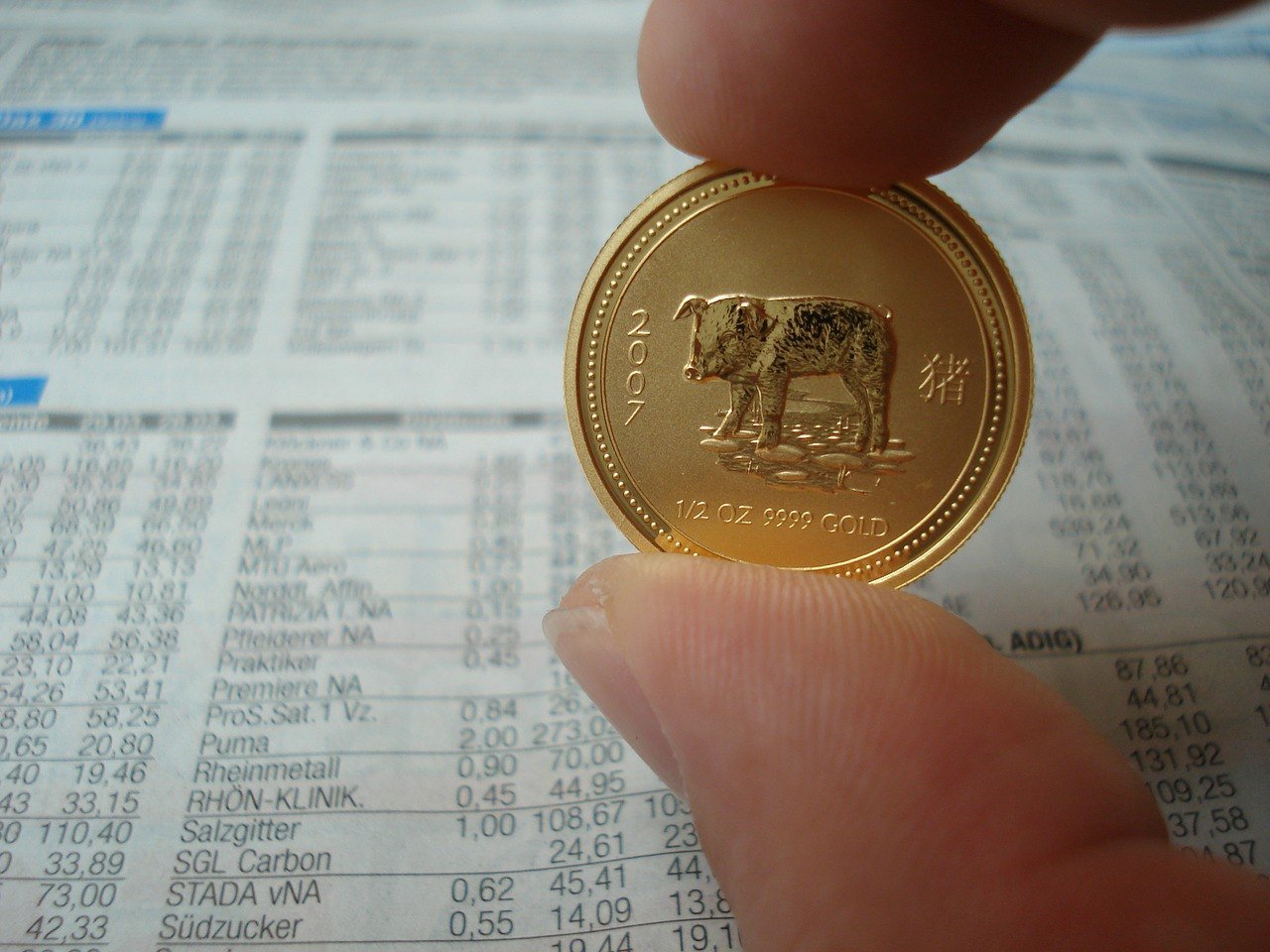Markets
Tips on the commodities market for the rookie investor
The stock market is a different financial beast than saving money in a bank or betting at the lottery, or any other money-making efforts out there.

Investing in the commodities market can be a tricky thing to do, especially if you’re new to the game. On Wall Street, everyone pays attention to big names, and a rookie investor might have a hard time becoming more visible at first. It’s also a reality that some get taken advantage of, and are saddled with too many commissions and fees; it’d be too late before they realize they’ve been taken for a ride.
If you’re new to the world of investing, and yet are keen on making a profit in commodities, here are some tips that might be helpful:
1. Learn the basics.
You probably already know this, but it bears repeating – it is important to learn the basics first, before anything else. That means learning how to read basic quotes, familiarizing yourself with the ticker symbols of companies you’re interested in, and understanding what certain stock terminologies mean (buy, sell, long, short, open, close, high, low, 52-week range, volume, etc).
Reading chief indices for the latest updates should also be part of your daily routine. Some of the major ones to keep track of are Nasdaq 100, Nasdaq composite, and S&P 500.
2. “Buy low, sell high” is only simple in theory.
In reality, it might be more complicated than you think, because buyers and sellers have a different understanding and range of what is low and what is high. Also, timing is key, but it’s not that easy to predict when a company’s stocks will peak or when it will get in trouble.
For instance, during the last quarter of 2014, Apple’s stocks surged and the company reached its $700 billion mark in market capital. It was considered by a lot of financial experts to be a record-breaking success, making Apple the “most valuable company in the world,” according to the International Business Times. One of the major factors that may have contributed to this achievement relates to a growing demand for the iPhone 6 and iPhone 6 Plus during the Christmas season. This is straightforward enough to foresee if you’re investing in tech stocks, but what if there are no clear indicators for other stocks you’re interested in?
That is when calculating for the price/earnings (P/E) ratio can be a good place to start, if you want to know if the market is getting cheap or not. By dividing the price of a stock by its earnings per share, you can have an idea of the market average and begin to compare it with historic averages.
3. Try ETFs if you don’t have that much money yet.
ETFs, or exchange-traded funds, are low cost index funds focused on commodities, such as precious metals, base metals, oil and gas, and agricultural resources, among others. Nevertheless, for some it is hard to fathom being able to get their hands on actual, physical commodities like 5,000 tonnes of nickel. For one, you will need a place to keep them until such a time when you’re ready to sell. This is why an ETF can be used to buy derivatives – wherein you purchase futures contracts and the commodities will be held in storage in actual warehouses, for example, by the London Metal Exchange.
Going into commodity ETFs is quite a popular strategy for a lot of investors because you can learn a lot about how certain commodities move in the market without having to spend too much money. The price of each commodity rises and falls depending on market conditions that can easily be tracked by observing what happens in the global economy.

For example, the price of gasoline and crude oil is really low at the moment, from $100 a barrel down to below $50. Some investors would choose to buy oil-related ETFs now while it’s cheap, then wait for the market to change and improve before selling it again for a higher price. (Source)
4. Remember that corporate actions can have an effect on stock holdings.
When a company’s board of directors gets involved in a corporate action, stocks will be impacted directly, especially if it’s any one of the major financial activities, like a merger and acquisition, a stock split, or a dividend payout. Effects are not necessarily negative or positive, but it can be a great indication for you as an investor if it’s time for you to move on or hold on to your shares even more until the right opportunity comes.
Case in point, at the beginning of January this year, Amur Minerals Corporation (OTC:AMMCF) announced that its executive staff and board of directors opted to receive shares of stock from their own company instead of a cash payment. This resulted in an increase of issued share capital, which then amounted to 434,187,289 ordinary shares. Such corporate action helped in increasing the value of the stock.
For investors, this can be a clear indication that there might be some positive developments in the near future, and it would be a shame to miss out on that. A comment from CEO Robin Young further validates this point: “We are pleased to report to our shareholders that the Board and Amur’s executive management have been able to increase their holdings in the Company reflecting our confidence in the project and anticipated success in moving Kun-Manie forward…Of course one of the larger share value generators is our anticipated acquisition of the ‘Detailed Exploration and Production Licence.’” Amur Minerals is eager to begin exploring its flagship Kun-Manie project, said to be one of the biggest nickel-sulphide projects in the world. Its license application is currently under review by Russian Prime Minister Dmitry Medvedev.
5. Ask yourself how much you are prepared to risk.
Ultimately, in the world of investing, it always boils down to the idea and practice of risk. That does not only pertain to money, but to your time as well. Any investor with both to spare might be confident going in, but what matters more is staying in, and eventually leaving with more value than when you have started.
The stock market is worth studying and evaluating again and again. Moreover, if you want to make it big, then you have to ask yourself how much of what you have are you ready to lose, on the off-chance that you make a mistake, because you will eventually make one.
The key is looking before you leap – smart investors are not in a hurry to get rich. Instead they make calculated risks and ensure that their future assets are protected. After all, there’s no sense in making money if you’re not going to be able to keep it.
—
This article may include forward-looking statements. These forward-looking statements generally are identified by the words “believe,” “project,” “estimate,” “become,” “plan,” “will,” and similar expressions. These forward-looking statements involve known and unknown risks as well as uncertainties, including those discussed in the following cautionary statements and elsewhere in this article and on this site. Although the Company may believe that its expectations are based on reasonable assumptions, the actual results that the Company may achieve may differ materially from any forward-looking statements, which reflect the opinions of the management of the Company only as of the date hereof. Additionally, please make sure to read these important disclosures.

-

 Business2 weeks ago
Business2 weeks agoDow Jones Nears New High as Historic Signals Flash Caution
-

 Cannabis3 days ago
Cannabis3 days agoSwitzerland Advances Cannabis Legalization with Public Health Focus
-

 Crypto2 weeks ago
Crypto2 weeks agoBitcoin Surges Toward $110K Amid Trade News and Solana ETF Boost
-

 Fintech6 days ago
Fintech6 days agoRipple and Mercado Bitcoin Expand RWA Tokenization on XRPL

























